What gunpowder did for war the printing press has done for the mind
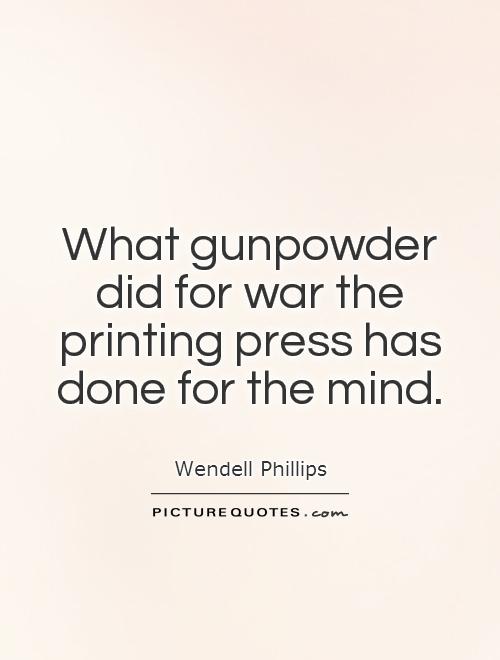
What gunpowder did for war the printing press has done for the mind
Wendell Phillips, a prominent American abolitionist and orator, once famously said, “What gunpowder did for war the printing press has done for the mind.” This powerful statement highlights the transformative impact of the printing press on society and knowledge dissemination, drawing a parallel between the destructive power of gunpowder in warfare and the enlightening power of the printing press in intellectual and cultural realms.In the context of Wendell Phillips’ words, it is important to understand the historical significance of the printing press. Invented by Johannes Gutenberg in the 15th century, the printing press revolutionized the way information was shared and disseminated. Prior to its invention, books were painstakingly copied by hand, making them rare and expensive. The printing press made it possible to produce books in large quantities quickly and affordably, democratizing access to knowledge and ideas.
Just as gunpowder revolutionized warfare by making it more deadly and destructive, the printing press revolutionized the spread of ideas by making them more accessible and widespread. The ability to mass-produce books allowed for the dissemination of knowledge on a scale never before seen, leading to the spread of literacy, the rise of the scientific revolution, and the proliferation of new ideas and philosophies.
Wendell Phillips’ comparison of the printing press to gunpowder suggests that just as gunpowder changed the nature of warfare, the printing press changed the nature of intellectual and cultural exchange. The printing press empowered individuals to challenge established authorities and question traditional beliefs, leading to social and political change. It played a crucial role in the spread of the Enlightenment ideals of reason, liberty, and progress, laying the foundation for modern democracy and human rights.

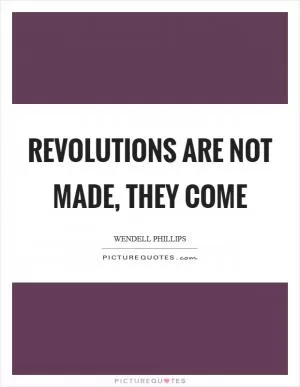
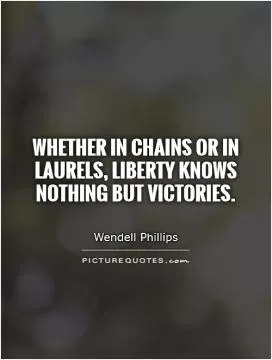
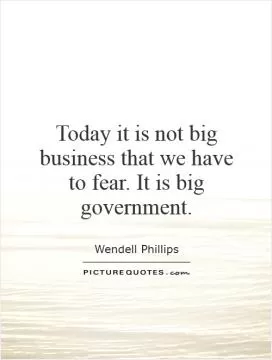




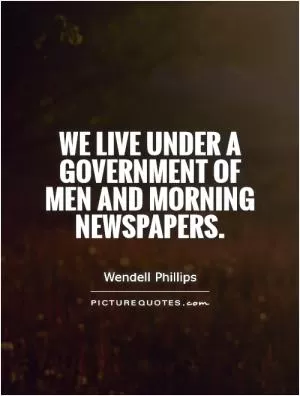

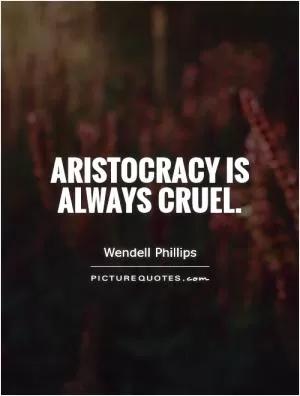

 Friendship Quotes
Friendship Quotes Love Quotes
Love Quotes Life Quotes
Life Quotes Funny Quotes
Funny Quotes Motivational Quotes
Motivational Quotes Inspirational Quotes
Inspirational Quotes